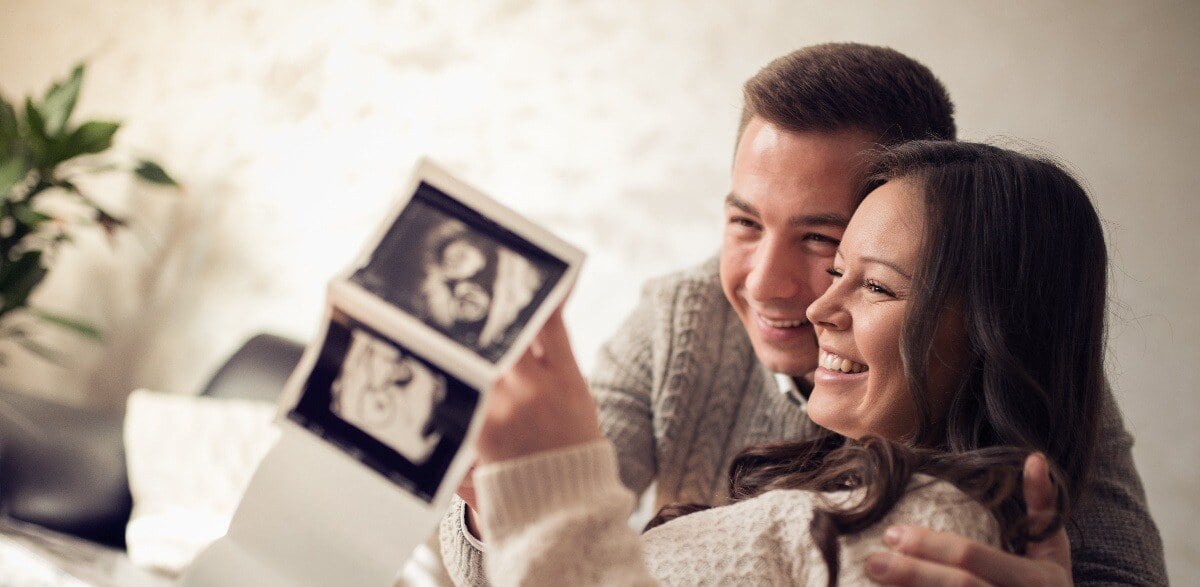Published
You have a general feeling of discomfort in your pelvis. It’s not quite like cramps, but you feel kind of heavy and uncomfortable. Plus, you’ve been bleeding more than usual when you menstruate. What could be going on?
One possible reason you could be experiencing these symptoms is uterine fibroids.
The good news is that uterine fibroids usually aren’t dangerous. Yet, they can cause discomfort and create unpleasant symptoms or infertility, meaning you may require medical attention.
So, what are uterine fibroids, and how will you know if you have them?
What Are Pelvic Fibroids?
Pelvic fibroids, better known as uterine fibroids, are growths that typically grow in the uterine wall. These growths are almost never cancerous and are often silent. In other words, it’s possible to have uterine fibroids without ever knowing it! Fibroids can range significantly in size from as tiny as a pinhead to as big as a grapefruit.
In medicine, uterine fibroids are called leiomyomas or myomas. Your doctor may refer to them by different names depending on how they present in your body. There are four main types:
- Intramural fibroids: They grow in the muscle of the uterine wall.
- Submucosal fibroids: These fibroids stick out into the uterus.
- Subserosal fibroids: These fibroids stick out of the uterine wall into your pelvic cavity.
- Pedunculated fibroids: These fibroids are connected to the uterus by a small stalk and appear inside or outside the uterus.
Fibroids are very common, and up to 80 percent of women may experience them by the time they turn 50. Typically, they appear in women of child-bearing age. In fact, you might find out about your fibroids during a prenatal ultrasound.
Unfortunately, the cause of uterine fibroids is unknown.
Symptoms of Uterine Fibroids
While some people never notice their fibroids, other women do experience some symptoms. Some frequent symptoms of uterine fibroids are:
- Pain: Pain or pressure in the pelvic area can be a sign of uterine fibroids.
- Heavy Bleeding: Your menstrual period may be heavier and last longer if you have fibroids.
- Constipation: Fibroids can push up against the rectum, causing feelings of pressure or constipation.
- Bladder Issues: Fibroids can disturb the bladder’s normal function, often causing frequent urination or the inability to empty the bladder.
- Pain During Intercourse: You may experience discomfort during sexual intercourse if you have fibroids.
- Back Pain: Fibroids can sometimes push up against your back muscles and cause pain in the lower back.
If your doctor suspects you have fibroids, they may recommend an ultrasound or other imaging techniques to confirm the diagnosis.
Symptoms of Large Uterine Fibroids
Large uterine fibroids often present the same symptoms listed above. Sometimes, uterine fibroids can become so large that they distend your stomach and make you appear pregnant.
Symptoms of a Ruptured Uterine Fibroid
In very rare cases, a uterine fibroid may create a medical emergency when it ruptures. This situation is usually accompanied by severe pain and internal bleeding. You may feel lightheaded or dizzy due to blood loss if a fibroid ruptures. If you experience these symptoms, go to a hospital as soon as possible.
Uterine Fibroids and Pregnancy
Uterine fibroids are often discovered during a prenatal ultrasound. In most cases, they don’t cause any complications for the pregnancy. However, sometimes, the position of the fibroids can block the vaginal opening. In these cases, a C-section is necessary for giving birth. Fibroids may also cause pain during pregnancy.
Side Effects of Uterine Fibroids
Uterine fibroids don’t usually cause complications. However, they can interfere with fertility in some cases.
Depending on the size, number, or location of the uterine fibroids, they can create problems if you’re trying to get pregnant. For example, a fibroid that bulges into the uterine cavity may block a fallopian tube, making it harder to get pregnant. In other cases, a large fibroid may stop a fertilized egg from attaching itself to the uterine lining.
With a knowledgeable medical care team on your side, uterine fibroids seldom cause complete infertility.
If you suspect that you have uterine fibroids, we’re here to help! Book an appointment with Kofinas Fertility Group today and get relief from your symptoms and answers about your fertility.




